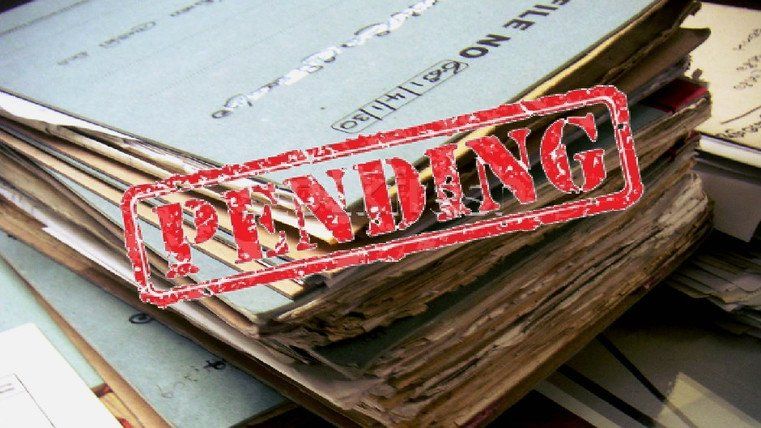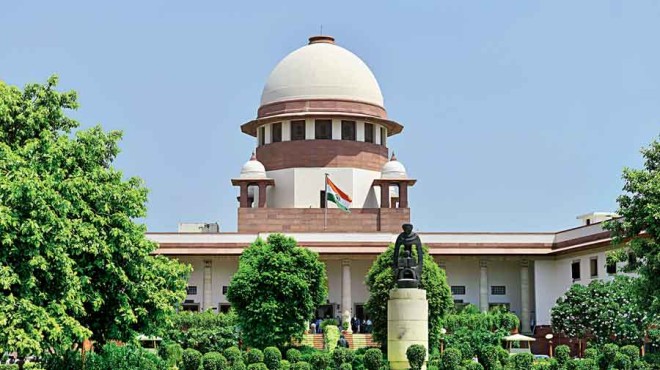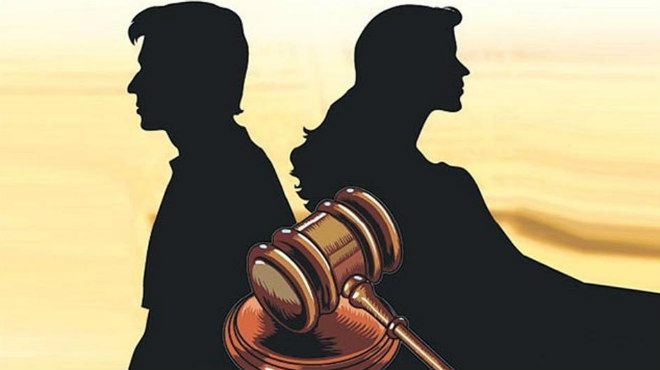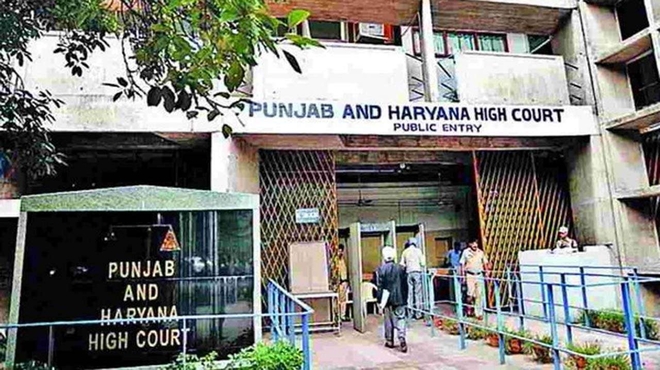Govt files more cases than private companies: CAG report
March 15, 2017
A recent study by the government's official auditor revealed that the Central Board of Excise and Customs (CBEC), the agency responsible for collecting indirect taxes, has been the biggest litigant in the last three years, filing twice as many appeals in the Supreme Court than private companies.
The issue of large number of cases pending and delay in administration of justice by the courts has been a matter of discussion since ages. The present report of the CAG indicates one of the reasons behind the lag. Thus, certain measures are required to be taken with immediate effect to reduce the number of cases and alternate resolution forums should be established in order to handle the pending cases and recover the revenue stuck up in litigation of the same.
Latest Legal News
.jpg)
3 Bills to Renew India's Criminal Justice System presented in Lok Sabha; All you Need to Know

âSorry state of affairs' in PoSH Act implementation; SC orders Govts. to ensure ICCs are constituted


 87+ Lawyers are online
87+ Lawyers are online 


.jpg)


